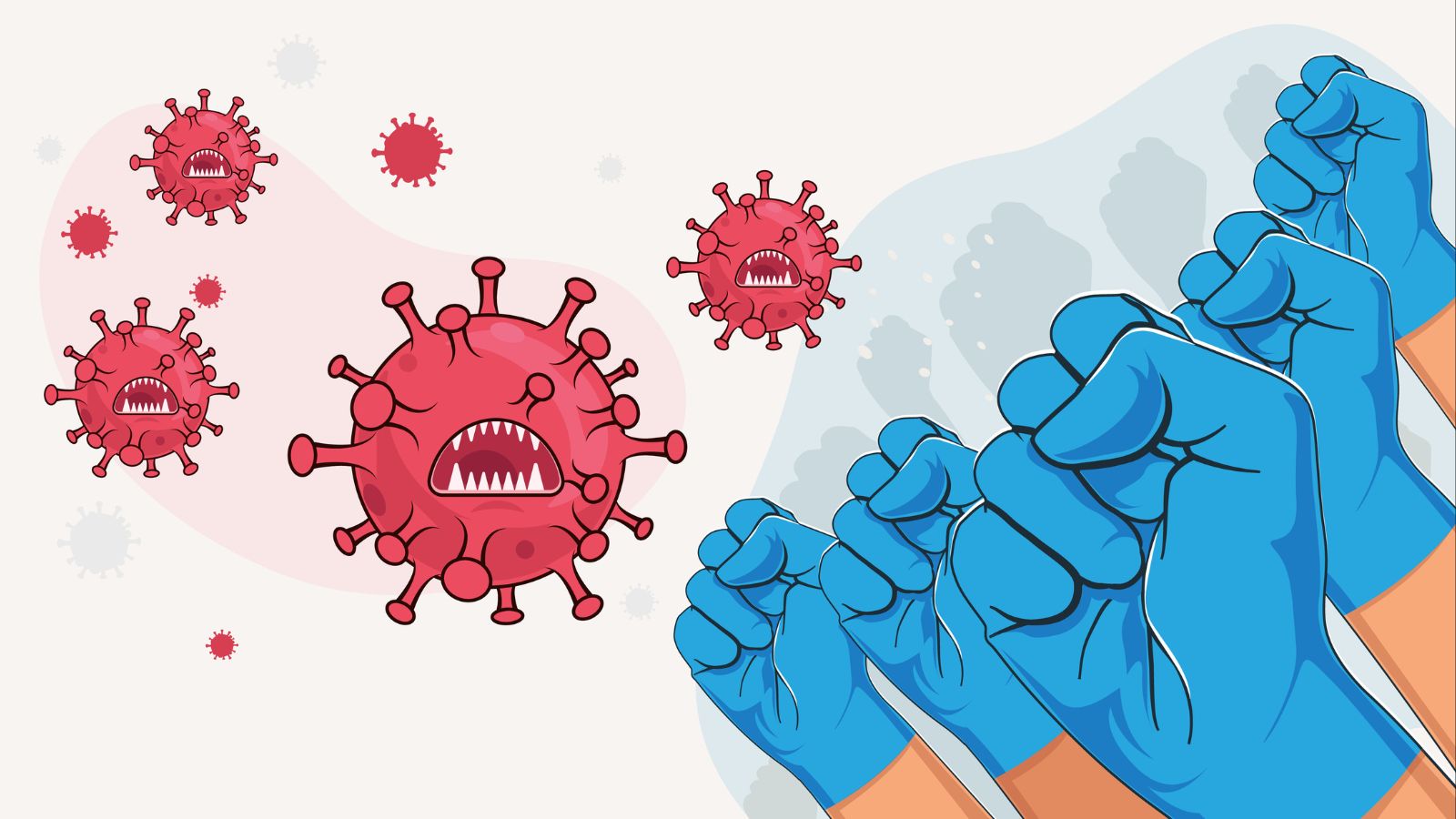Mental health is an increasingly important aspect of overall well-being, as health experts, teachers, employers and parents strive for happiness. There are, however, certain trends that are having severe impacts on our mental health. We explore 18 alarming reasons people are suffering from poor mental health:
Rising Rates of Anxiety and Depression

Anxiety and depression are becoming more common, with rates increasing significantly across all age groups. Factors such as financial instability, societal pressures and the ongoing impact of the COVID-19 pandemic have contributed to this surge. The World Health Organization (WHO) has noted a sharp increase in the global prevalence of anxiety and depression, highlighting the urgent need for accessible mental health care.
Screen Time and Social Media

The rise of social media has dramatically increased screen time, particularly among younger generations. Excessive screen time is linked to a range of mental health issues, including anxiety, depression and sleep disorders. The constant comparison culture fostered by social media platforms, such as Instagram, enhances feelings of inadequacy.
Workplace Burnout

Burnout has become a significant concern, particularly as remote work blurs the lines between professional and personal life. High-stress environments, unrealistic expectations, and the pressure to be constantly available are driving more employees to experience burnout, leading to chronic stress, anxiety and depression.
Mental Health Stigma

Despite growing awareness of the importance of maintaining good mental health, there’s still a stigma around talking about feelings. In some areas, especially among men, there remains a significant barrier to seeking help as many still feel ashamed to admit they are struggling . This stigma can delay or prevent people from receiving timely treatment.
Economic Stress and Inequality

Economic stress, exacerbated by inflation, job insecurity and income inequality, is contributing to worsening mental health outcomes. People living in poverty or struggling to make ends meet are at higher risk for mental health disorders due to the chronic stress associated with financial instability.
Substance Abuse and Addiction

Substance abuse, particularly involving alcohol and opioids, continues to be a major public health issue. Addiction is often both a cause and a result of mental health problems, creating a vicious cycle that is difficult to break. The opioid crisis, in particular, has led to a surge in overdose deaths and a greater need for mental health and addiction services.
Climate Anxiety

The growing awareness of climate change and its impacts has led to a new form of anxiety known as climate anxiety or eco-anxiety. This type of anxiety is especially prevalent among younger generations who are deeply concerned about the future of the planet.
Isolation and Loneliness

Loneliness and social isolation have reached alarming levels, particularly among older adults and those living in urban areas. The COVID-19 pandemic further exacerbated these feelings of isolation, with long-term consequences for mental health. Loneliness has been linked to depression, anxiety, and even cognitive decline.
Digital Detox and Mental Health Retreats

As people become more aware of the negative effects of constant connectivity, there is a growing trend toward digital detoxes and mental health retreats. While this is a positive development, it also highlights how pervasive digital stress has become, necessitating such drastic measures to reclaim mental peace.
Youth Mental Health Crisis

Children and adolescents are facing a mental health crisis, with rising rates of anxiety, depression, and suicide among young people. Bullying, academic pressure, social media, and family dynamics all contribute to the mental health challenges faced by today’s youth. Schools are struggling to provide adequate mental health resources, leaving many children without the support they need.
Sleep Deprivation

Chronic sleep deprivation is another alarming trend that significantly impacts mental health. The demands of modern life, including work, family responsibilities, and the lure of digital entertainment, often lead to insufficient sleep. Sleep deprivation is linked to a range of mental health issues, including depression, anxiety, and cognitive impairments.
Overdiagnosis and Overmedication

There is growing concern about the overdiagnosis and overmedication of mental health conditions. While medication can be an effective treatment for many, the increasing reliance on pharmaceuticals without adequate consideration of alternative therapies, such as counseling or lifestyle changes, may lead to dependency and other health issues.
Suicide Rates

Suicide rates have been rising in many parts of the world, particularly among middle-aged adults and teens. The complex interplay of factors such as economic hardship, mental illness, and social isolation contribute to this tragic trend. Efforts to improve mental health support and reduce stigma are critical in addressing this issue.
Telehealth and Mental Health Apps

The rise of telehealth and mental health apps has revolutionized access to mental health care, but it also raises concerns about privacy, the quality of care and the potential for overreliance on digital platforms. While these tools can be beneficial, they cannot replace the need for in-person therapy and support in many cases.
Impact of Trauma and PTSD

Post-Traumatic Stress Disorder (PTSD) and the long-term effects of trauma are increasingly recognized as major mental health concerns. Trauma can result from various experiences, including abuse, violence and natural disasters. The lingering effects of trauma can lead to chronic mental health issues if not properly addressed.
Mental Health of Caregivers

Caregivers, whether for aging parents, disabled family members, or others, are at a high risk of experiencing mental health issues. The stress and emotional toll of caregiving, combined with often limited support and resources, can lead to burnout, depression and anxiety among caregivers.
Rural Mental Health Challenges

Access to mental health services is particularly challenging in rural areas, where there are often fewer providers and resources. Residents of rural communities may face stigma, limited access to care and greater isolation, all of which contribute to poorer mental health outcomes.
Long-Term Effects of COVID-19

The long-term mental health effects of the COVID-19 pandemic are still unfolding. The pandemic has left a lasting impact on many individuals’ mental health, with increased rates of anxiety, depression and PTSD. The loss of loved ones, financial hardship and prolonged social isolation have all contributed to the worsening mental health situation.
18 Reasons Why People Are Leaving Florida in Masses

Exploring factors that impact the desirability of living in Florida, this list delves into various challenges shaping residents’ experiences. From environmental concerns like rising sea levels to economic factors such as fluctuating job markets, these issues collectively contribute to a nuanced understanding of the state’s appeal.
18 Reasons Why People Are Leaving Florida in Masses
